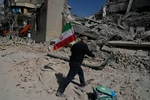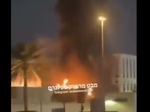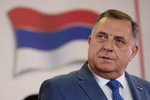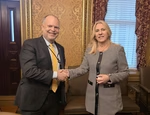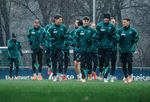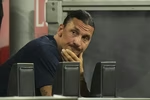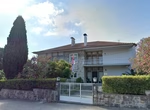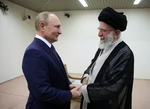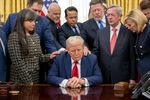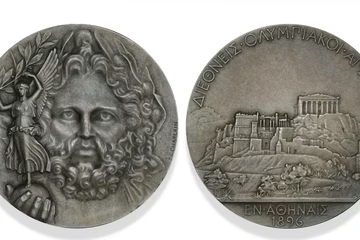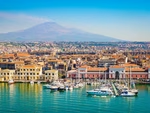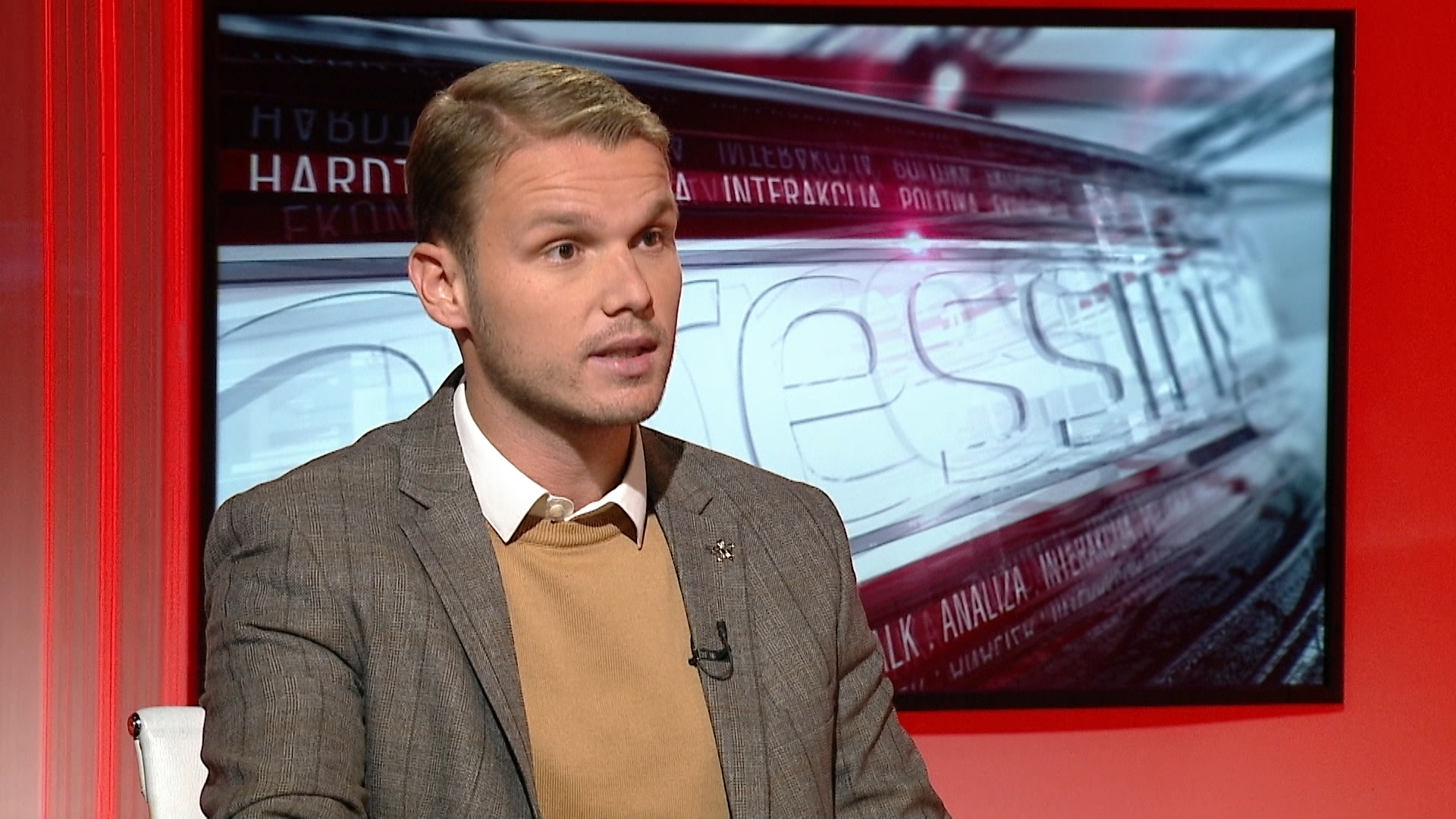
Drasko Stanivukovic, the opposition MP in the parliament of Bosnia's Serb-majority region Republika Srpska (RS), announced in an interview with N1 he would press charges against Interior Minister Dragan Lukac, who slapped him during the discussion on a NATO document earlier this week. Stanivukovic said he would insist on the minister's dismissal, which also means a demand for a change of the system.
“Mr Lukac is so infiltrated in the system of authority, his own people are scared of him. He slaughters animals in his free time. He must see blood, you can see it in his eyes. The problem lies in the fact that their authority is non-existent for me,” said Stanivukovic in N1's political affairs magazine 'Pressing'.
The opposition MP, who is a member of the Party of Democratic Progress (PDP), said the criminal charges he plans to press against Lukac refer to the physical attack as well as the jeopardised safety,
“I am seriously thinking about what he said, that I would end up like the flags, which were thrown to the floor and broke down,” said Stanivukovic, two days after the heated debate on a document that Bosnia's State authorities sent to NATO in Brussels, which culminated in the physical attack.
Demanding the Interior Minister's dismissal will mean the demand for a change of the system and the fall of, as he said, “the great leader.”
“That's a huge demand that we will insist on.”
Asked who “the great leader” is, the MP replied it was Milorad Dodik, the leader of the ruling Alliance of Independent Social Democrats (SNSD) and the Serb member in Bosnia's tripartite Presidency.
The matter of NATO must be solved in a consensus of three peoples in Bosnia
According to Stanivukovic, Milorad Dodik betrayed “his own people” by signing the Reform Programme, which the opposition claims is the same as the Annual National Programme (ANP), a document that means a step closer in Bosnia's relations with NATO.
Republika Srpska, its leadership and opposition in general, object the NATO integration of the country, as they follow Serbia's stance on this matter. In October 2017, the RS National Assembly adopted a declaration on military neutrality.
“The focus of what we speak about is the betrayal of citizens in the RS. He (Dodik) won so many votes based on his 'no-NATO' policy. We are primarily speaking about betrayal. He betrayed his own people. There is no RS in that document, RS is already abolished in that document,” he stressed.
Asked if he supported NATO accession, Stanivukovic replied that this matter has to be solved in a consensus of three peoples in Bosnia.
“I believe it is not wise to have a military border anywhere in the Balkans,” he added.
'This is where I live, I don't have Serbian citizenship'
“I want this country to exist because it also belongs to my people. Bosnia and Herzegovina belongs to my people, too. Does it belong to the Croats? It does. Does it belong to the Bosniaks? It does. To the Others? It does. It is completely normal that Bosnia and Herzegovina exist. If any of peoples gave up Bosnia and Herzegovina they would give up their own history,” said Stanivukovic.
He stressed he had no other citizenship rather than Bosnian, that the only passport he travels with is the passport of Bosnia and Herzegovina.
“This is where I live, I don't have Serbian citizenship, I have Bosnian. The difference (between Stanivukovic and Dodik) is that he lies that there is no Bosnia and Herzegovina, and there is. He lies that there is no border on the Drina river (with Serbia), and there is. I speak what is reality, he speaks fiction,” said the politician, the youngest MP to enter the RS parliament.
Speaking of the war crimes that Bosnia experienced during the 1992-95 war, Stanivukovic said there were many judgements that were bad especially when it comes to The Hague-based tribunal on war crimes in ex-Yugoslavia.
“I think there were many bad decisions if we speak about The Hague Tribunal, I think that's a political court. I don't agree with all the decisions that The Hague Tribunal passed.”
As for the Srebrenica mass killing from 1995, which two international courts – the International Court of Justice (ICJ) and the International Criminal Tribunal for the former Yugoslavia (ICTY) – ruled was an act of genocide, the MP said:
“A mass crime and tragedy had happened, and I am sorry for that. There is a truth, according to courts, that I am also a criminal, but I am not. There are many political processes and courts, one should be careful about that. (…) Many courts, both worldwide and in Bosnia and Herzegovina, are political in many segments. Winners are the ones who write history.”
But, he said, he would like to go to Srebrenica and apologise for what had happened.
“I think that many crimes were committed on all sides. A victim is a victim. I don't have a problem with going to Srebrenica and apologise for that. I would like to go to Srebrenica. I haven't been to many towns in Republika Srpska or Federation (Bosnia's other, Bosniak-Croat region), just like I haven't been to Srebrenica. There was simply no opportunity, but I am ready to go, why not,” he stressed.
Kakvo je tvoje mišljenje o ovome?
Učestvuj u diskusiji ili pročitaj komentare





 Srbija
Srbija
 Hrvatska
Hrvatska
 Slovenija
Slovenija








